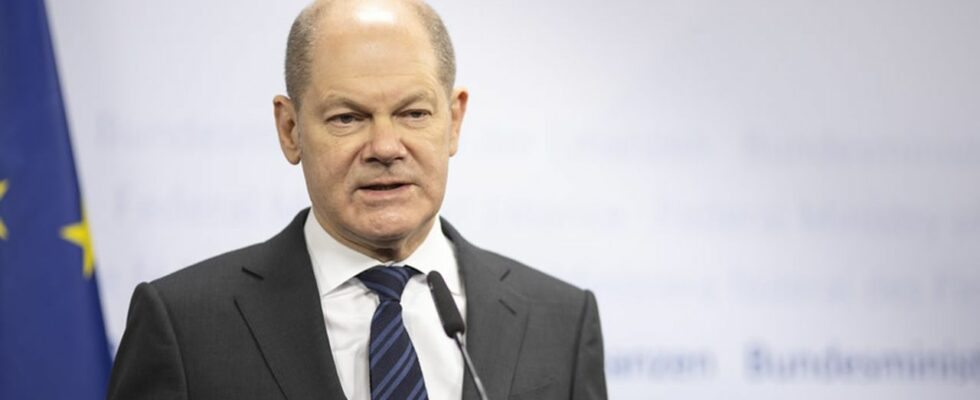Published on Nov 22, 2023 at 1:24 p.m.
by Holger Hansen
BERLIN, Nov 22 (Reuters) – Germany’s ruling coalition may suspend the debt brake for this year to emerge from the budget crisis caused by a court ruling that forced the government to freeze its spending commitments .
The government’s budget plan was called into question by last week’s ruling by Germany’s Constitutional Court, which found Berlin’s decision to reallocate 60 billion euros of unused funds from the pandemic for green initiatives and a support for the industry.
This decision has put Chancellor Olaf Scholz’s tripartite coalition in difficulty, already shaken by a series of crises against a backdrop of deteriorating economic conditions and which now has a large hole to fill in public finances.
The three parties in government, the Social Democrats (SPD) of Olaf Scholz, the Greens and the Free Democrats (FDP) have since tried to find a solution to meet their spending commitments while ensuring their legality.
Among the avenues for reflection are the establishment of a supplementary budget for 2023 and the suspension of the debt brake – a measure enshrined in the German Constitution which limits the federal budget deficit to 0.35% of GDP – before a relaunch next year.
The Minister of Finance, Christian Lindner, from the FDP in favor of budgetary discipline, is however opposed to the suspension of this debt brake, which had already been abandoned between 2020 and 2022 to deal with the impact of the COVID-19 pandemic.
The committee responsible for establishing Germany’s federal budget for 2024 is due to resume negotiations on Thursday, before a debate in the lower house of the Bundestag and a vote scheduled for December 1.
But according to the dpa news agency, the German government would like to postpone this meeting of the budget committee.
Underlining the scale of the crisis, Berlin on Tuesday froze spending commitments for almost the entire federal budget.
The government also blocked planned spending this year under a 200 billion euro fund created to help businesses cope with the pandemic and energy crisis after Russia’s invasion of Ukraine . (Holger Hansen, Christian Kraemer, Andreas Rinke; French version by Zhifan Liu, edited by Blandine Hénault)
